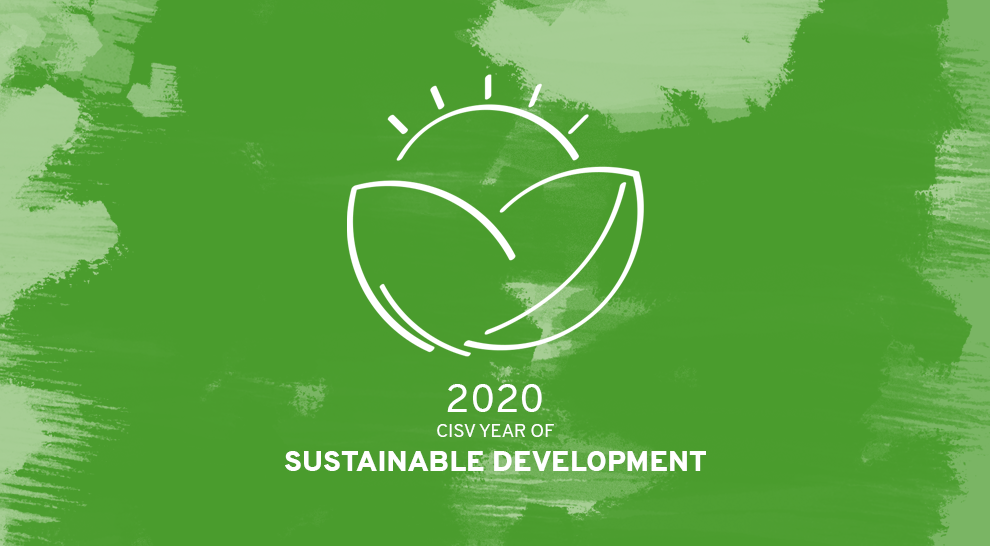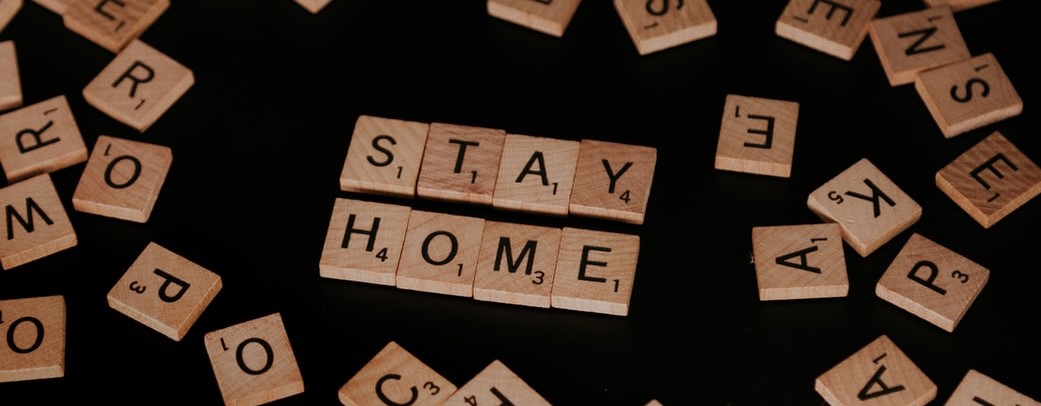Introduction to the Making of Sustainable Development
July 7, 2016The Other Possibilities
December 12, 2016Keeping it up: How we can get involved with Sustainable Development issues beyond 2016
2016 is CISV’s year for Sustainable Development. Throughout the year, we will bring you ideas, discussion pieces, materials and resources to help you to explore, educate on, and take action toward Sustainable Development in your Chapter or Programme.
With the end of the year closing in, CISV will soon embark on a new yearly theme. Having created content, running activities and international programmes on Sustainable Development for the last year, CISVers all over the world have contributed to the discussion and understanding of the many challenges we face. Some might feel it’s time to move on and explore Human Rights instead, but we must not forget that development on these issues do not rest for three years while CISV gets to do other important stuff. During this time however, we could all reach out to other organisations who work with Sustainable Development. This way, we can spread the knowledge and insights reached within CISV through the Kompaz team, Dig in activities or the programmes we hosted to other organisations who are taking more direct action on these issues every day. Due to the width of the concept Sustainable Development, there are thousands of organisations working in slightly different ways and with different topics. Some are global and well known, such as the World Wildlife Fund (WWF) or Friends of the Earth, tackling some of the biggest issues related to ecological sustainability. Others less well-known, but have found their niche in some of the social sustainability issues.
In every country there will be local or global NGOs or movements who constantly strive to make our lives more sustainable. It can be hard to get a good overview of all the alternatives you have if you want to get involved in another organisation. First of all, you need to think about what interests you. What is your passion, or what makes you really angry? If you’re able to take that negative energy and turn it into a productive energy for positive change you’re already halfway there! Many of us have a long background in peace education with CISV – either you could continue working with education, knowledge and understanding. Or maybe you are longing for a more hands on, direct and practical approach to the issues we face. There is also a great deal of different areas to focus on. Integration, equality, equity, carbon taxes, energy policies, public transportation, housing – the list of topics that fit under Sustainable Development goes on and on! The best way to stay motivated and feel good about getting involved could be selecting an issue you face in your local community every day and act on it. Surely, others have also seen the same problems as you, so either you can join preexisting organisations or movements, or you create your own. If you want to get in touch with organisations in your area, Google and Facebook is a good place to start. Sometimes however, the struggle for change happens outside of organisations in spontaneous movements or protests. Keeping up to date with local news and politics can also open your eyes to issues you wouldn’t have come across otherwise. Remember that how we get involved is not what’s important, but that we actually do get involved and continue to act for a more sustainable future. CISV will get back to focusing on Sustainable Development in four years. But the world can’t wait that long.
I’m definitely concerned about the environment, but I do have a guilty pleasure…
I care for the environment. I believe that global warming is the number one challenge for humanity during the 21st century. I am also aware what kind of behaviours we all need to change for us to live sustainable lives, and I am taking action! Going vegetarian, using public transportation, cutting down on shopping and sorting my garbage are steps I’ve taken to reduce the impact I have on the environment.
But I love traveling. And long, warm showers. Not to mention cheese (and lots of it). While I do take some pride in the steps I’ve taken to reduce my environmental impact, they do ring a bit hollow when seen in contrast to my other, very unsustainable habits. These are my guilty pleasures, and they are the topic of Dig in step 4.
To be more exact – it’s not about exploring or understanding my personal guilty pleasures. The Dig in team rather believes we all have these habits or lifestyles that don’t really accord with ambitions or values on sustainability. In this fourth activity we will bring these topics to the surface and try to address them by creating personal action plans. These plans include setting a goal, identifying risks that might hinder you to achieve these goals, and also how to reward you when you’ve completed the plan successfully. We hope that this can be a small step for us all to live more sustainable, and to decrease the bad conscious one can have because of these habits. You can find the activity through our Facebook page. Don’t forget to give us a like!
Anton Ruus
On behalf of the Dig in team
*The Sustainable Development Team includes members of CISV’s Educational Programmes Committee, Kompaz Project, International Junior Branch Team, Communications Team, and the International Office. Our team coordinator is Madeleine Le Bourdon.



